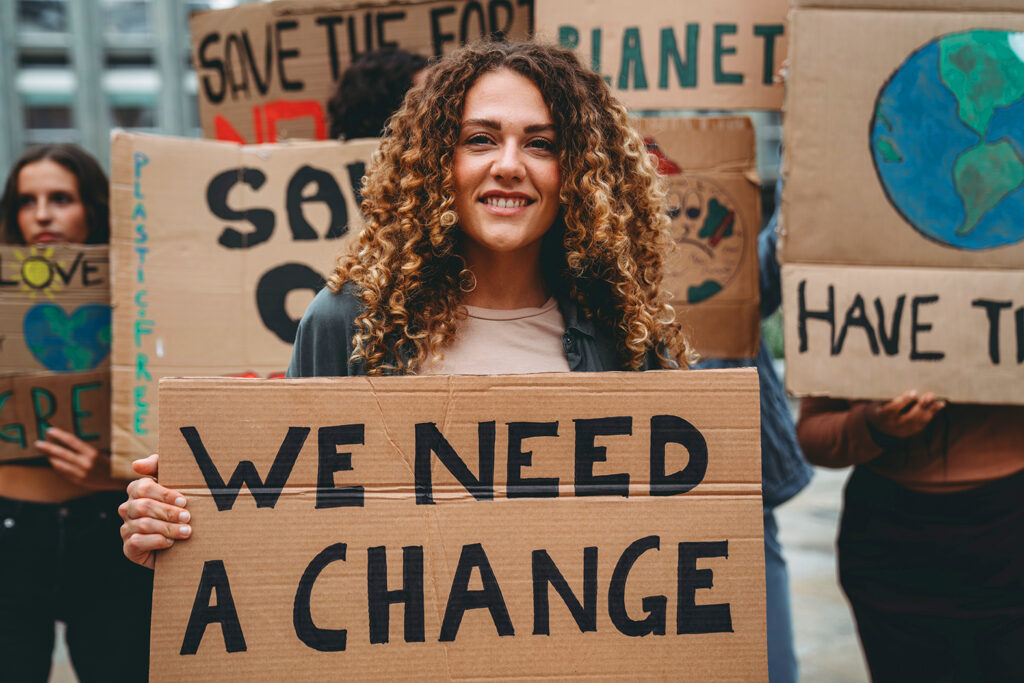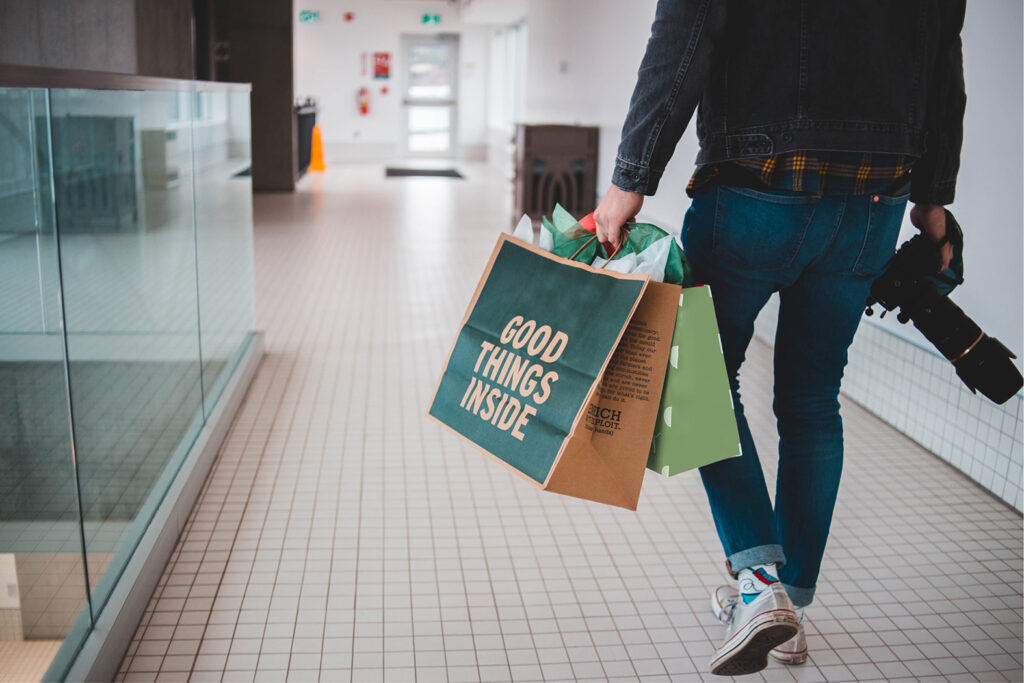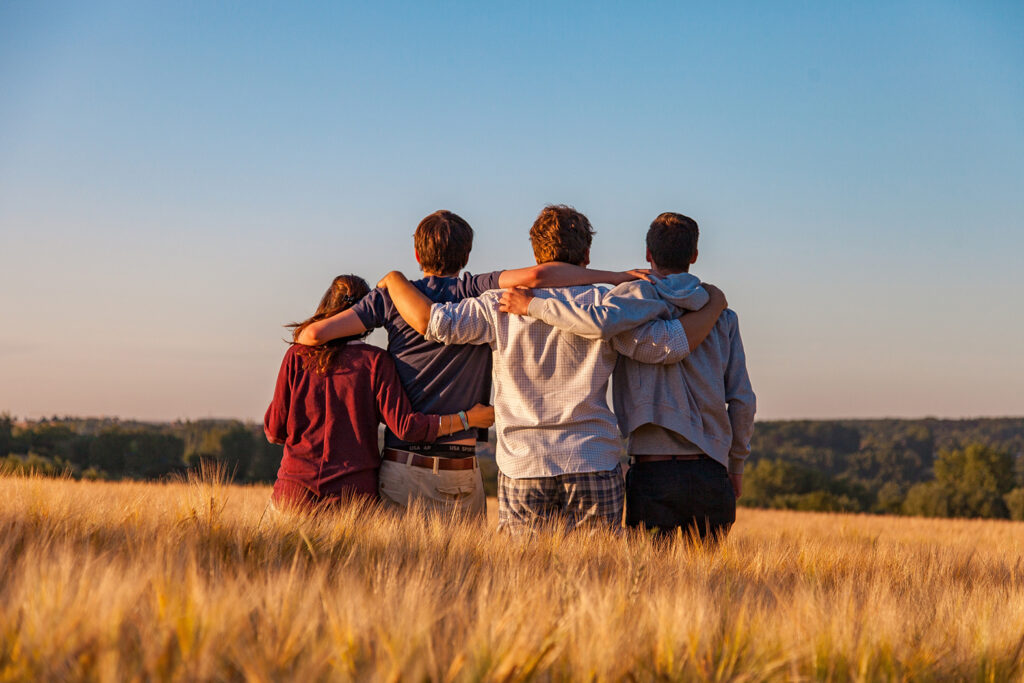Over the last month I have been privileged to attend several conferences in real life! After the last few years of virtual attendance, it was great to return to face-to-face interactions.
Not only have I met with many brands and retailers who are on their own sustainability journey, but I have also caught up with like-minded industry influencers, ex-colleagues and friends (many overlapping those descriptions).
I love the packaging industry and after spending well over two decades in it, I can confidently say I am proud of the incredible job we are doing. Don’t get me wrong, there’s a long way to go but it’s too easy to point the finger and say pollution and climate change is all about packaging or specifically plastic packaging. What about all the amazing things we have done and are doing, not to mention the primary function of packaging to contain, protect, preserve and promote the product?
Everyone has their own take on what ‘sustainability’ means to them, their brand and their business. This ranges significantly and can include some or all of these: bio-materials, 100% recyclable, reusable, carbon neutral, incorporating post-consumer recyclate, plastic free to optimizing their use of packaging all through the supply chain. All are viable solutions when used correctly, they don’t happen by accident so we should take a moment to recognize the hard work and dedication that has taken place.
BUT there is a but, well three buts actually…
- My clear observation is that although we are doing a great job in packaging, we need to do more if we are to contribute to a positive change.
As we approach COP27 there will be heightened awareness of climate change, pollution and deforestation, all were key topics last year in Glasgow for COP26 however this year we need further clarification and commitment. Many brands and retailers will be at COP27 in Sharm el-Sheikh to make their commitments and (hopefully) qualify what they have done to date and their commitments for the future. I have read posts about one of the recently announced sponsors, Coca-cola who have been labelled by Greenpeace as ‘the biggest plastic polluter’. Many have strong views for or against their sponsorship, but I believe we all have a voice, we can all make an impact and just because the soft drink giant uses high volumes of plastic packaging does not make them an ironic sponsor, they (like all of us) can make a difference.
The UN Climate Change Conference in Glasgow (COP26) brought together 120 world leaders and over 40,000 registered participants, including 22,274 party delegates, 14,124 observers and 3.886 media representatives
www.un.org/en/climatechange/cop26#

This global platform is amazing at grabbing the world’s attention. But perception is unfortunately more powerful than the truth, we must change this.
- True change can’t happen in pockets, there needs to be industry collaboration to make a real difference.
As legislation increases and markets continue to diverge, it becomes increasingly difficult to navigate a clear route to sustainable packaging choices. The only way to do this successfully is through true collaboration across brands, retailers, government, waste management and packaging producers. This means leaving personal views and competitive advantage at the door and agreeing the best and most responsible route for our future. Perhaps this won’t happen globally but why not across a single market?
A great example of this is bio-degradable packaging. There have been many bio-polymers introduced to the market over the last 10 years, many meeting the compostable standards (EN13432 the European standard or ASTM D6400 the US standard), however most brands and retailers actively discourage their use because in many countries we don’t have the infrastructure to dispose of them responsibly. Surely collaboration could change this direction? Either work to create the infrastructure or focus bio-polymers and compostables to other, mostly European, countries where the infrastructure does exist.

- I, like other packaging enthusiasts, fell into packaging as a career but where is the next generation of diverse packaging advocates coming from?
Considering the packaging industry is expected to reach $1,014 billion by 2023 according to Allied Market Research, where are the education programmes that promote and support new talent? I know that my degree course doesn’t exist anymore, and there are many others that have disappeared from the curriculum – we are becoming a rare breed!
Although the packaging industry has evolved enormously since I entered it as a Pack Tech, there is still little diversity and there are too few women, especially in senior roles. I am fortunate to be part of a dynamic leadership team with a ratio of 3:2 in favour of us girls but I know this is not the norm. This has to change, we all need to bang the (packaging) drum to find and nurture new talent because there is very little coming from our colleges and universities anymore. Again, we need to collaborate and be innovative with how we resource roles to share our knowledge.
Although we still have a long way to go I have been encouraged to see so many forward thinking people / businesses asking the right questions, looking for solutions and embracing packaging sustainability. Unfortunately, it’s not ‘one size fits all’ when we consider packaging but sustainable packaging is possible.
At Aura we pride ourselves on managing sustainability using insights, data and technology but we are also committed to educating and sharing our knowledge to reduce the environmental impact of packaging globally.
We are in this together and we must make a difference.
